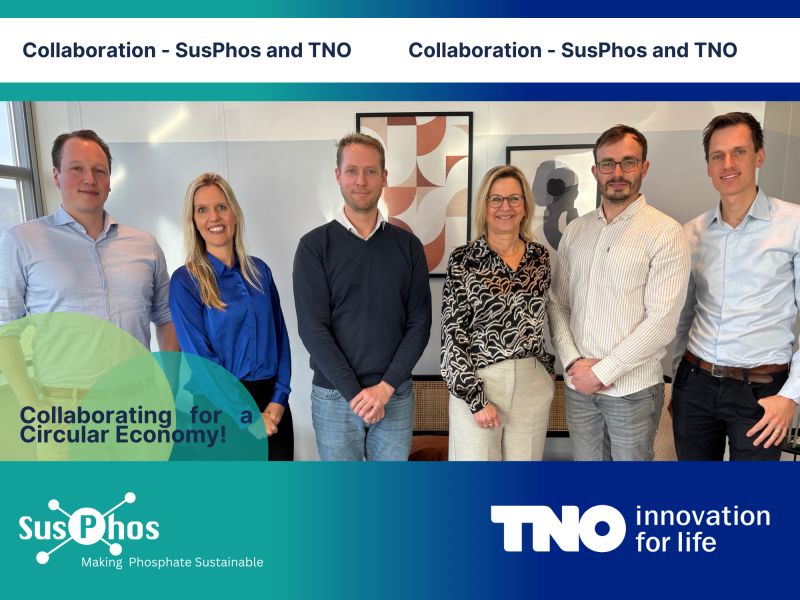출처 : BatteryIndustry (2025.1.22)

In the Netherlands, the research organization TNO and the company SusPhos want to develop an economically viable recycling process for LFP batteries. The two aim to recover critical materials such as lithium and phosphate in a profitable process.
The LFP battery recycling process is being developed as part of the Green Chemistry and Circularity project. TNO and the company SusPhos say they are, developing a profitable process for recycling LFP batteries that is competitive with the relatively low cost of new batteries.
The partners want to combine SusPhos’ technology for recovering and upgrading phosphates from wastewater streams with TNO’s sustainable technology for recovering metals from (electronic) waste. This should lead to a more circular process with less waste and a significant increase in profitability.
According to TNO, the widely used LFP batteries contain both critical and strategic materials such as lithium, phosphorus, aluminium, and copper. European battery makers and users also have to comply with the Critical Raw Materials Act, an EU law passed in 2024 to safeguard critical raw materials. This act stipulates fixed recycling quotas in the future to regulate the battery market and boost the European circular economy.
Since the boom in interest for LFP batteries, efforts to effectively recycle these are ramping up globally. Also this month, US company ACE Green Recycling signed a lease agreement for a site to build India’s largest battery recycling plant in Mundra in the Indian state of Gujarat, building on the company’s existing Indian operations. ACE has been recycling lithium-ion batteries, including lithium iron phosphate (LFP) batteries, at its existing facilities in India since 2023.
The Dutch research organization TNO is also a collaboration partner with the Holst Centre in Germany for the European HELENA project and a collaboration with the Centre for Solar Energy and Hydrogen Research Baden-Württemberg (ZSW). The cooperation with the ZSW, which began in 2023, focused on the development of innovative lithium-ion batteries for the European automotive industry and was intended to lead to a long-term collaboration.
'배터리🔋' 카테고리의 다른 글
| [셀] Chinese to work on cold-resistant lithium titanium phosphate batteries (0) | 2025.01.25 |
|---|---|
| [소재] KPC(한국전구체), 2025년 1월부 양산 돌입 (0) | 2025.01.22 |
| [소재] 산업부, 음극재에 생산 보조금 지원 방안 추진 (0) | 2025.01.18 |
| [셀] 韓배터리 업계, 美서 ESS로 돌파구 (0) | 2025.01.14 |
| [소재] 에코프로, 2025년 3대 경영 방침 (0) | 2025.01.05 |